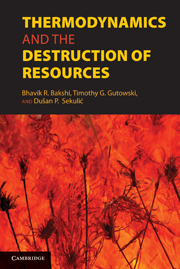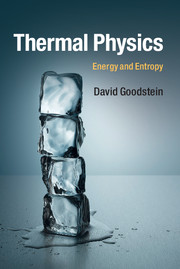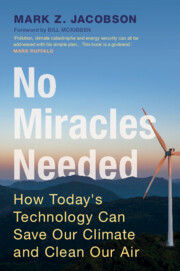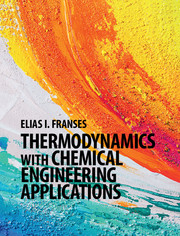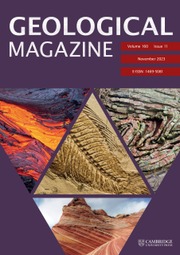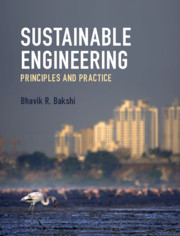Thermodynamics and the Destruction of Resources
This book is a unique, multidisciplinary effort to apply rigorous thermodynamics fundamentals, a disciplined scholarly approach, to problems of sustainability, energy, and resource uses. Applying thermodynamic thinking to problems of sustainable behavior is a significant advantage in bringing order to ill-defined questions with a great variety of proposed solutions, some of which are more destructive than the original problem. The articles are pitched at a level accessible to advanced undergraduates and graduate students in courses on sustainability, sustainable engineering, industrial ecology, sustainable manufacturing, and green engineering. The timeliness of the topic, and the urgent need for solutions make this book attractive to general readers and specialist researchers as well. Top international figures from many disciplines, including engineers, ecologists, economists, physicists, chemists, policy experts and industrial ecologists among others make up the impressive list of contributors.
Product details
June 2011Hardback
9780521884556
524 pages
254 × 178 × 29 mm
1.11kg
120 b/w illus. 59 tables
Available
Table of Contents
- Introduction Bhavik R. Bakshi, Timothy Gutowski and Dusan Sekulic
- Part I. Foundations:
- 1. Thermodynamics: generalized available energy and availability or exergy Elias Gyftopoulos
- 2. Energy and exergy: does one need both concepts for a study of resources use Dusan Sekulic
- 3. Accounting for resource use via thermodynamics Bhavik R. Bakshi, Anil Baral and Jorge L. Hau
- Part II. Products and Processes:
- 4. Material separation and recycling Timothy Gutowski
- 5. Entropy based metric for transformational technologies development Dusan Sekulic
- 6. Thermodynamic analysis of resources used in manufacturing processes Timothy Gutowski and Dusan Sekulic
- 7. Case studies in energy use to realize ultra-high purities in semiconductor manufacturing Eric Williams, Nikhil Krishnan and Sarah Boyd
- 8. Energy resources and use: the present (2008) situation, possible sustainable paths to the future and the thermodynamic perspective Noam Lior
- Part III. Life Cycle Assessments and Metrics:
- 9. Using thermodynamics and statistics to improve the quality of life cycle inventory data Bhavik R. Bakshi, Hangjoon Kim and Prem K. Goel
- 10. Developing sustainable technology: metrics from thermodynamics Geert Van der Vorst, Jo Dewulf and Herman Van Langenhove
- 11. Entropy production and resource consumption in life cycle assessments Stefan Gößling-Reisemann
- 12. Exergy and material flow in industrial and ecological systems Nandan Ukidwe and Bhavik R. Bakshi
- 13. Materials flow analysis and input-output analysis: a synthesis Shinichiro Nakamura
- Part IV. Economic, Social Industrial, Eco Systems:
- 14. Early development of input-output analysis of energy and ecologic systems Bruce Hannon
- 15. Exergoeconomics and exergoenvironmental analysis George Tsatsaronis
- 16. Entopy, economics and policy Matthias Ruth
- 17. Integration and segregation in a population - a thermodynamicist's view Mueller Ingo
- 18. Exergy use in ecosystems analysis: background and challenges Roberto Pastres and Brian D. Fath
- 19. Thoughts on the application of thermodynamics to the development of sustainability science Timothy Gutowski, Dusan Sekulic and Bhavik R. Bakshi.

